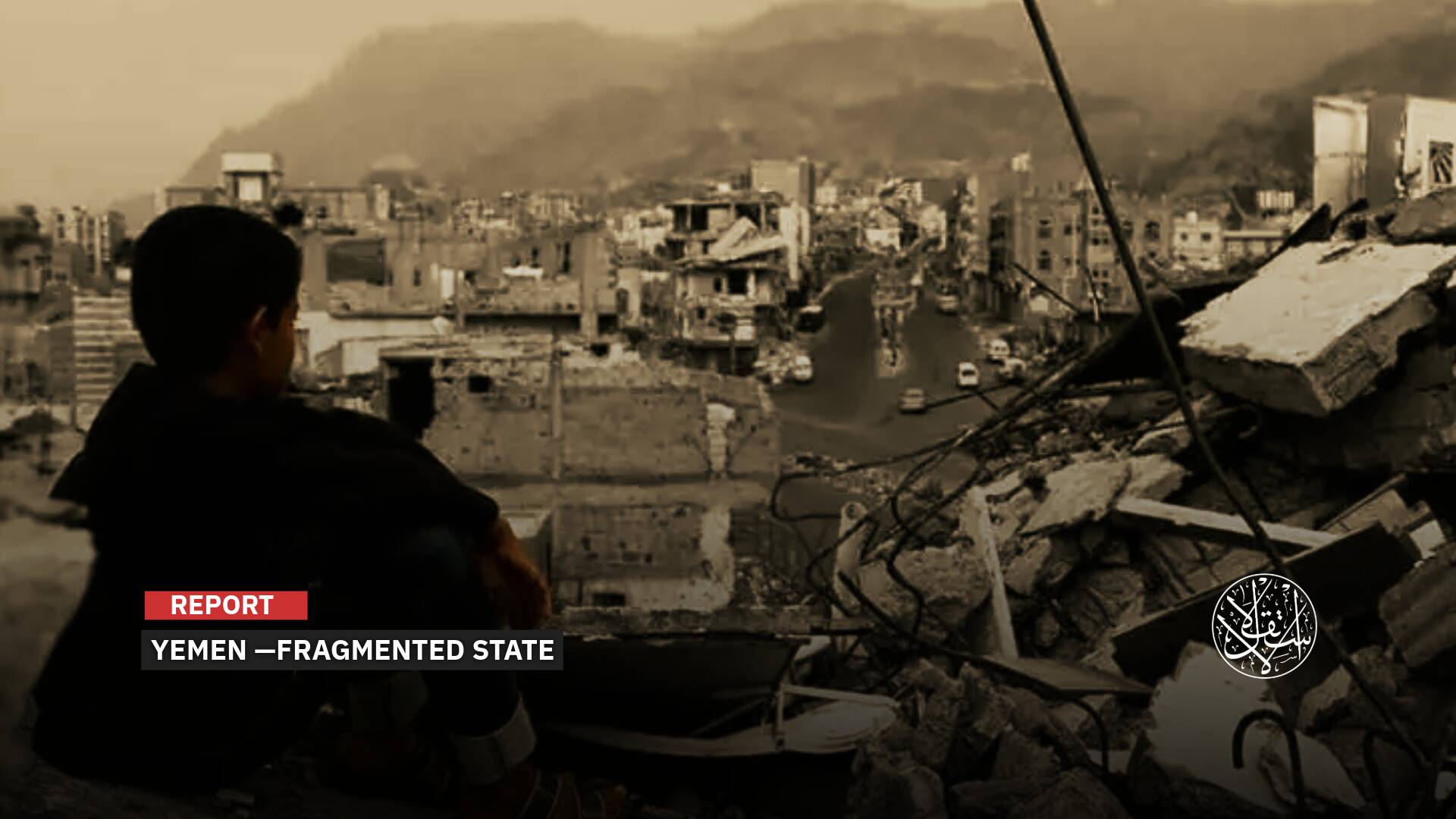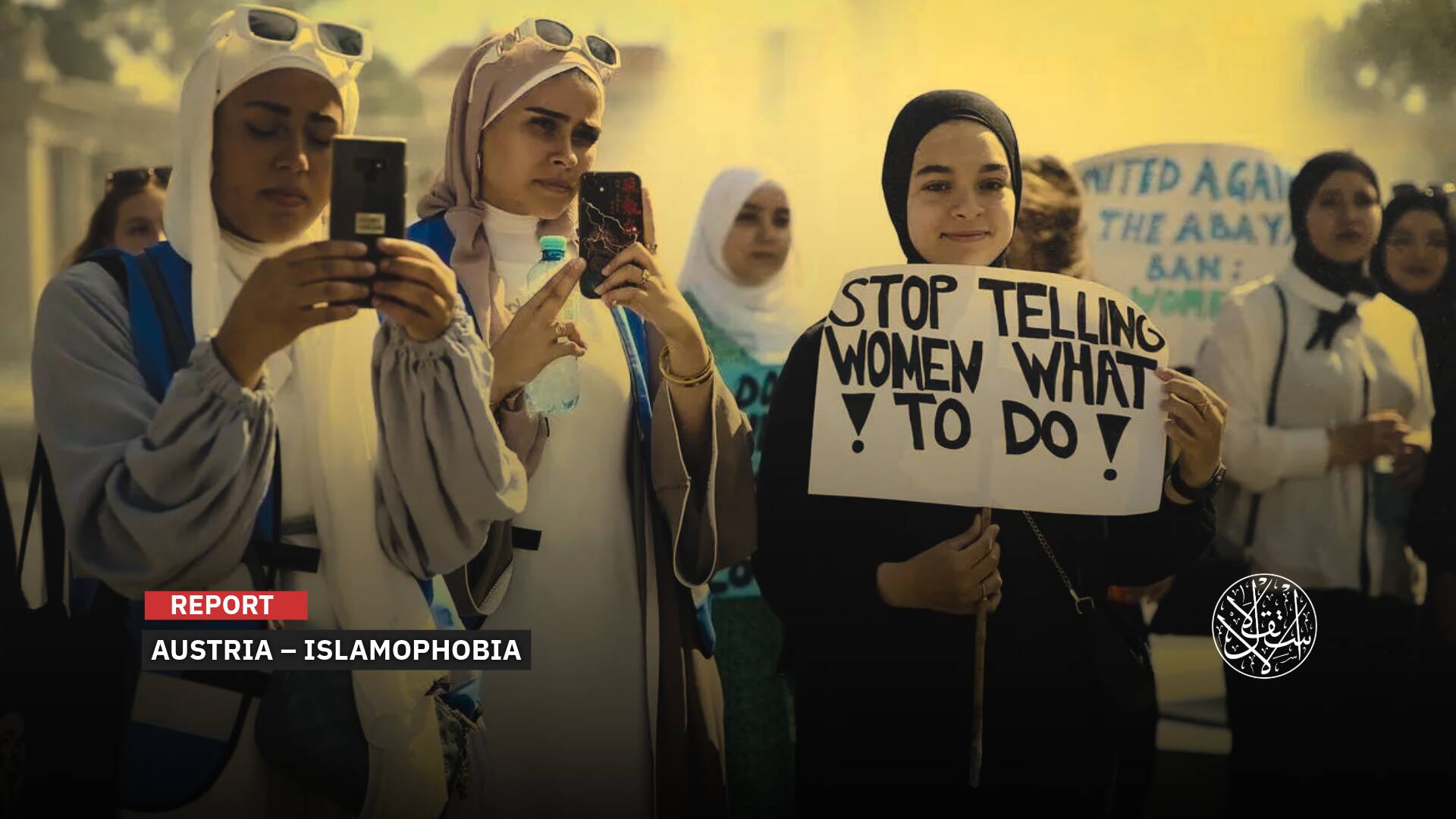Muhammad al-Ghammari; the Houthi Leader Who conveyed the Iranian ‘Revolutionary Guards’ Experience to Yemen

Because of his continued attack on the Yemeni province of Marib and his ignoring of international calls to stop the attack on the city, which hosts the largest camps for the displaced and those fleeing the war, the US Treasury included the Houthi leader, Major General Muhammad al-Ghamari, in its sanctions list.
On May 20, 2021, the Treasury Department clarified, in a statement, that "Al-Ghamari is a danger for committing terrorist acts that threaten the safety of American citizens, its foreign policy, and its economy."
Under these sanctions, all of Al-Ghamari's property and interests in the United States have been frozen.
Ideological Leader
Al-Ghamari holds the position of Chief of the General Staff in the authority related to the Houthi group in Sana’a. He is considered one of the most prominent Houthi leaders, and has been overseeing the battle of Marib since early February 2021.
His full name, Muhammad Abdul Karim Ahmed Hussein Al-Ghamari. He was born in “Daen” in the “Washeh” district of the Hajjah governorate in northwest Yemen, and he was one of the most prominent leaders during the six rounds of wars, and he was arrested in 2008, during the era of the former President Ali Abdullah Saleh .
He participated in the coup since 2014 and the overthrow of the capital, Sanaa, in 2015 and other cities, until he was appointed in 2016 as Chief of the General Staff and given the rank of major general by the Houthi Supreme Political Council.
Al-Ghamari is considered one of the "ideological leaders" in the Houthi group. He studied at the "Hussain Badr Al-Din Al-Houthi Institute" in 2003, and in 2012 he traveled to the southern suburbs of Beirut, where he received several ideological and military courses at the hands of the Lebanese "Hezbollah".
According to the US Treasury website, Al-Ghamari is responsible for planning the Houthi attacks on Marib, and has recently taken over the large-scale attack launched by the Houthis on areas under the control of the legitimate government, putting the lives of one million internally displaced people in danger.
The website added: "Al-Ghamari is the chief of the general staff of the Houthi armed forces and the highest commander in the Houthi military command structure, and is directly responsible for overseeing the Houthi military operations that destroyed civilian infrastructure and Yemen's neighbors, specifically Saudi Arabia and the UAE."
He pointed out that "Al-Ghamari oversaw the Houthi attacks with missiles and drones against Saudi targets."
Reports indicate that he "received his military training in the Houthi militia camps run by Hezbollah and the Iranian Revolutionary Guard Corps."
Recently, Al-Ghamari took the position of the brother of the Houthi leader, Abdul Khaliq Al-Houthi, and assumed the general command of the attack on Marib, in order to wrest control of the province from the internationally recognized government, according to the American website.
In November 2017, Saudi Arabia put Al-Ghamari on a wanted list of 40 Houthi leaders, as he was ranked 16th. The kingdom also allocated $10 million for information about his location.
In June 2018, the news of Al-Ghamari's death in a military operation in the city of Hodeidah was everywhere, but "the news were fake."

The Same Experience
During the period from 2005 to 2009, Al-Ghamari traveled to Syria and then to southern Lebanon, where he received intensive training by officers from Hezbollah and the Revolutionary Guards, and he visited Tehran in 2009, and received military training in the use of rocket and artillery shells.
During those intensive courses and military training, the man was able to return to Yemen, well experimented to train fighters loyal to the group. He established the first suicide formations for the "Houthi" group, and opened multiple training camps, especially in Hajjah Governorate, which he supervised in 2007.
Al-Ghamari had previously assumed the duties of supervising armaments stores and then managing teams laying mines and explosive devices in the first round of the war that erupted between the National Army forces and the Houthi militia in Saada, after which the group’s founder, Hussein Badr al-Din al-Houthi, was killed in 2004.
After the killing of Hussein al-Houthi, al-Ghamari took over the task of transferring what were then called “al-Muhajiroun,” the group of fighters who had been brought from outside Saada to the “Bani Mu’adh” area in Saada, and trained in camps there to re-form the militia’s military wing, which became in a chaotic situation after the killing of its founder, under the supervision of the most prominent man in the group, Youssef Al-Madani.
Al-Ghamari also merged what the group calls "People's Committees", which are the tribal elements loyal to the group, with the Ministry of Defense, after they received courses on the group's ideas, in a behavior that imitated what the "Revolutionary Guard" is doing.
Al-Ghamari’s success in the tasks entrusted to him ,was his closeness to Youssef Al-Madani and his prominent leader brother Taha, through which he gained great confidence that he was involved in managing the security and military file.
He also sought after that to establish factories for the manufacture of ammunition, explosive devices and shells, and coordinated the recruitment of experts in the manufacture of explosives from the Revolutionary Guards and Hezbollah, with the support of the former head of the Supreme Political Council, Saleh Al-Sammad, who then appointed him as Chief of Staff in 2016
In addition, Al-Ghamari directly assumed the defense duties and ran the Ministry of Defense and military operations and coordinated with Iranian experts the looting of the Yemeni army’s missile arsenal and the redevelopment of some of its systems. .
Yemen has been witnessing for nearly 7 years a continuous war between the pro-government forces backed by an Arab military alliance led by the neighboring Saudi Arabia, and the Iran-backed Houthis, who have controlled governorates including the capital, Sanaa, since September 2014.







